There is a lot of talk in the media about a ‘mother’s instinct’ and the idea that as soon as you hold your baby in your arms for the first time, you will instinctively know how to care for them. They reference women over the centuries who survived and thrived without googling the how to’s of every aspect of newborn care. But when we focus on this ‘natural calling’ we forget that new mothers over the centuries were not alone – they had 24 hour hands on support from their mothers, grandmothers and their entire village. They didn’t need Google. New parents today come into pregnancy carrying this expectation that they can do it all, but once they leave the hospital and the expert guidance of their midwife and doctor, they feel overwhelmed and alone. Surviving life with a newborn is not easy for two reasons – 1) new parents don’t have enough support, and 2) we have set our expectations of parents too high.
After 30 years of helping new parents and their babies, I believe that the simpler our expectations are, the more likely we are to survive. So here is an explanation of what we should expect from newborn life – simplified.
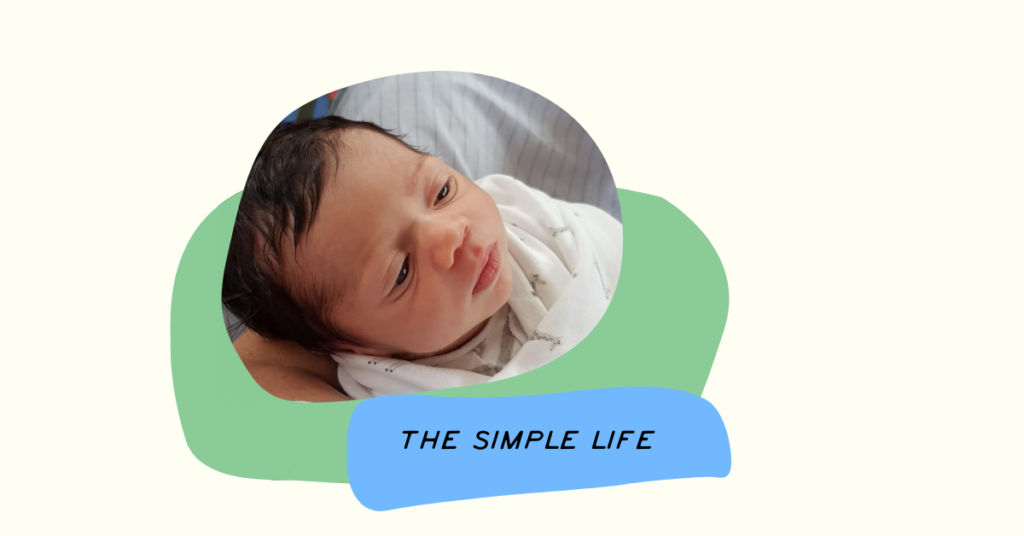
What can we expect from our newborn baby?
Eat. Sleep. Cry. Poo. Repeat.
And that’s it.
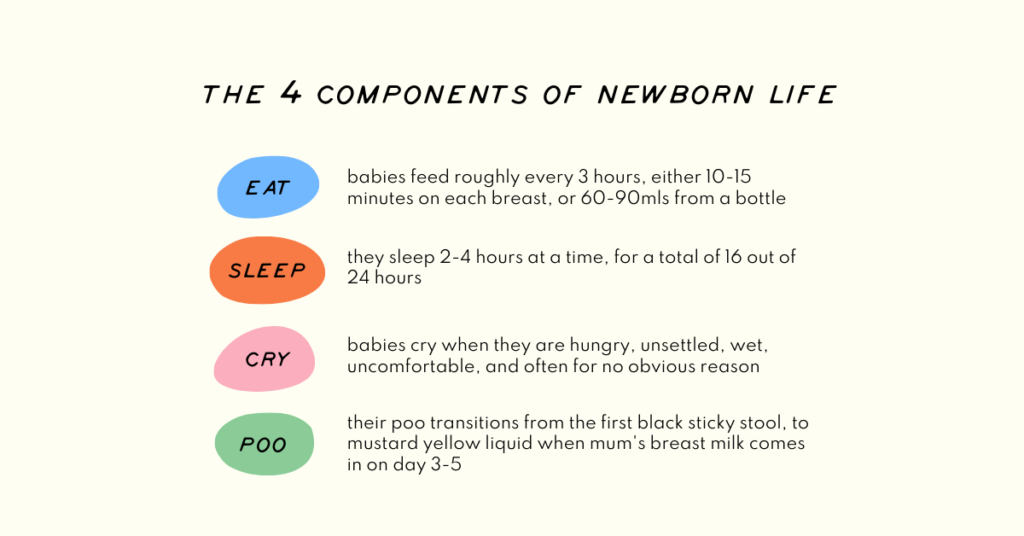
Therefore our strategies for responding to our baby are simple.
When our baby starts to cry, all we can do is
Feed. Burp. Cuddle. Change.
This is a cycle that will be repeated over and over (and over), and then over again.
Feeding is our first tool to respond to a crying baby.
Most newborns need feeding roughly every 3 hours. Since some babies feed quickly and others take their time, each 3 hours cycle should be counted from the time each feed starts and not ends. Mostly, you want them to feed for 10-15 minutes on each breast, or taking 60-90mls from a bottle.
Even though newborns spend most of their time sleeping, they will wake every few hours for a feed. Some will need to be woken for feeding, especially if they have a low birth weight. But every baby is different.
After some time of regular three hourly feeds, there may come a point when your baby is crying, and you can’t figure out how to help them. They’re not due for a feed, “so they can’t be hungry”, and you’ve burped, cuddled and changed them with no avail.
Don’t forget about cluster feeding. Just because it hasn’t been 3 hours since their last feed, they may still be hungry.
Every time they start to cry – feed, burp, cuddle, change, repeat.

Burping your baby will allow them to release the discomfort they feel from the gas that builds up in their little stomachs. You want to try to burp your baby during and after every feed, or just if they’re crying and feeding, cuddling, and changing them hasn’t helped.
Whether bottle or breast-feeding, burp your baby in the beginning at least once, about half way through the feed. If nothing comes up and they are still irritable, try feeding again.
After their feed and final burp, keep them upright for 15 minutes or so, to reduce the chance of spit up. But know that vomiting in babies is normal – after feeds, between feeds, and especially when you don’t want them to.
There is no one ‘correct’ way to burp your baby. You can sit them on your lap, have their head over your shoulder or lay them face down on your lap. See which technique they prefer, and if you settle on a particular way, don’t forget about the other techniques – you may have to try something new one day if they’re particularly hard to settle.

There are many ways to comfort a baby, and none of them are ‘correct’. Try as many ways as you can and see what works. But remember, the technique that works on Monday may not work on Tuesday. And the technique that works from weeks 1-3, may not work in week 4.
When your newborn is unsettled, try to cuddle them in different ways – on their tummies, on your shoulders, curled in your arms or on their backs.
Swaddling is a great way to make them feel secure and encourage sleep. But not all babies will like this.
Singing or using white noise machines can also be helpful.
Some, in the early weeks, just need to be held for most of the time, and that is ok too.

This is my go to hold that has helped me settle many babies over the years.
Place the baby on their tummy and lay them across your forearm. Have their head angled to the side, facing outward, supported by your forearm. Use your hand on the same supporting arm to hold them around their thigh. Bring them against your tummy, and while standing, gently rotate your trunk to swing the baby back and forth. With your other hand, tap them on the back as you sway.

The following describes a baby with ‘normal’ poo
Do you get it? Ultimately, there is no normal. Straining, even crying with a bowel movement can be perfectly normal for a baby. It doesn’t mean that they are constipated, even if there are days between movements. It all comes down to softness. If their poo is soft – they’re not constipated.
What you can expect with your baby’s poo, is that it will change. Day by day and week by week the smell, texture and frequency will vary. You might want to seek help if there is a drastic change, they become very hard, very smelly, very watery, or contain blood or pus. Always seek advice if there is persistent blood in the stools.
Change their nappy as frequently as needed to protect their bottom from nappy rash. This is where acid in the undigested stool irritates their bottom, making the skin raw and red. In this case, the skin needs to be covered with a protective nappy rash paste.
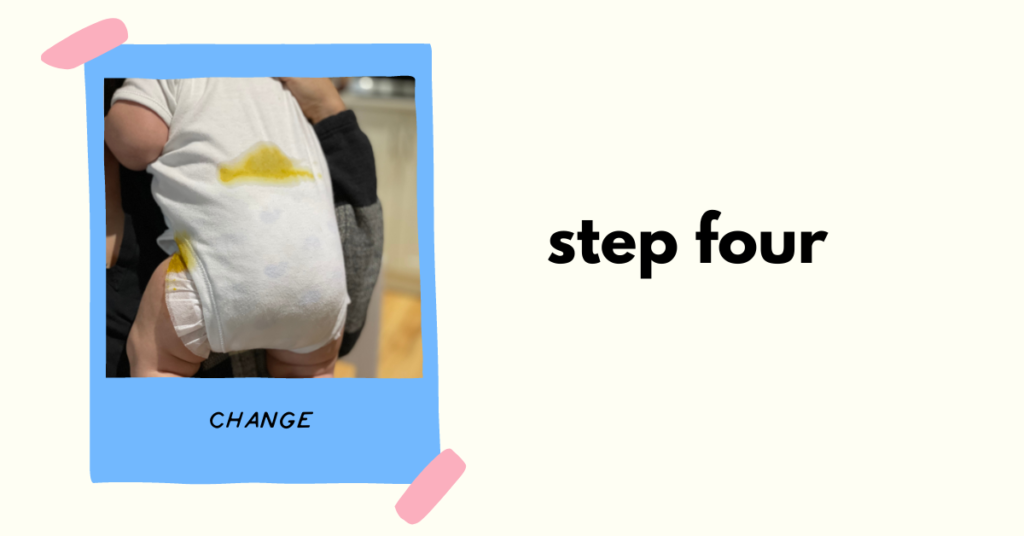
If our baby is crying most of the time and none of these strategies work, what else can we do? We repeat the strategies. We feed them, burp them, cuddle them and change them and then we start again. Feed, burp, cuddle, change; feed, burp, cuddle, change.
And when we are at the end of our tether, and we are about to break down, we give the child to our partner to do it all again.
And if we still cannot settle the baby and we have passed our tolerance point, we then put them down to cry for a while and go to the other end of the house, make a cup of tea, breathe out, let go and then after 5 or 10 minutes return to the fray with the same four weapons again. Feed. Burp. Cuddle. Change. We may have to try different ways to feed, different ways to burp, different ways to cuddle and alternative ways to change, but that is all we have.
The only objective measurement of how well a baby is doing in these early weeks is the growth in their weight. Weigh your baby weekly, on the same set of scales, through this early phase of their life. Regular weight gain of 150 gm a week is enough to tell us that the baby is fine, whether it is crying all the time or not, whether it is vomiting every feed or not. An ill child will not put on weight. It is our most reassuring external sign that we are not doing anything wrong, that we are doing ok at parenting!
Many child health nurses will say that it is better to reach the threshold at 200 gm a week of weight gain. However, if we set the goal at the higher end of normal, we set up parents for stress and a sense of failure. The absolute lowest boundary in my view is 100 gm. Please try not to stress about a weight gain one week of 150 gm and the next only 125 gm. There is a lot of variation in the baby’s life without any reason for distress on the parent’s part.
And if the weight gain was less than 100 gms, what then? Persistent failure to grow is an issue that definitely requires expert health advice. However, do not assume the worst at first. Look for an obvious explanation. Do they have a cold? Or a diarrhoea illness? Did they have a day or two of fussy feeding that week? If so, and the baby seems overall well, then let’s see what happens over the coming week. Assume first that it is ok and only then if the matter persists, get advice.
We can only meet our baby’s needs in the moment. When our baby starts to cry, we have to respond without expecting to fix it, and try to meet their needs for nourishment, love and attention.

In this article I have not discussed what as many as 1 in 7 women and 1 in 10 men should expect in the first six weeks with their newborn – and that is postpartum depression and anxiety.
Signs and symptoms of postpartum depression vary from person to person, and will either come on suddenly, or gradually build over time, making them harder to detect.
Although being tired, worried, unsure of yourself and sad at times, are all normal, if these feelings are there all the time, you may have postnatal depression or anxiety. The reason to be aware of this excessive and persistent anxiety or sadness, is that it can be easily fixed.
Make sure someone is looking out for you, and is ready to speak up if they notice a change. Know where to go for help and where to get your information.
PANDA Perinatal Anxiety & Depression Australia
COPE Centre of Perinatal Excellence
Your Baby Steps General Practitioner
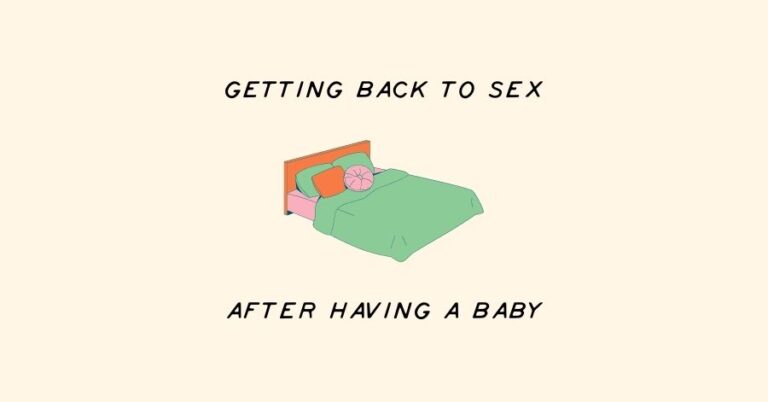
Practical and gentle advice on getting back to sex, from GP Obstetrician Dr Leon Levitt. He discusses everything from communication in relationships to contraception.
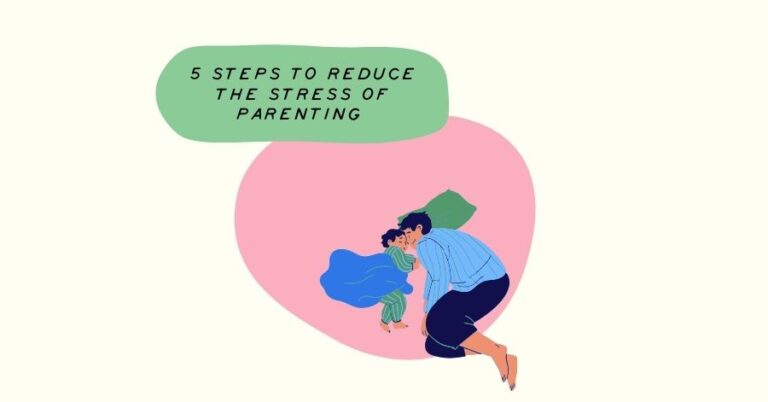
Stress in parenting has reached epidemic proportions. How can we take the natural stress and worry of parenting, and stop it from becoming excessive? By following these 5 simple steps from Dr Leon Levitt.
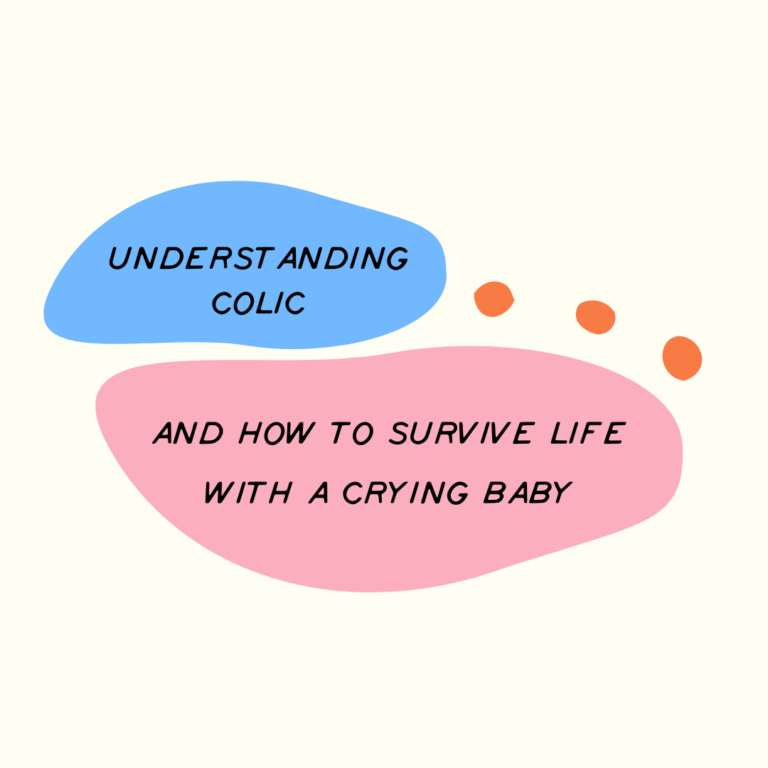
What does it mean when my baby cries? How do I know if they have colic or reflux? Dr Levitt provides all the answers when it comes to unsettled and crying babies.
We acknowledge the traditional custodians of the land on which Baby Steps stands and we pay our respects to Elders past, present and emerging. The land on which we live and work always was, and always will be Aboriginal land.
© 2024 Babysteps Health Centre | Terms of Service | Privacy Policy | Shipping & Returns
The Clinical Guidance Committee advise Baby Steps on all clinical matters effecting the health practitioners within our centre. It’s members gather together to discuss and develop guidelines relating to:
Meetings are held several times a year, or at the request of Baby Steps for specific clinical advice. It is lead by a chairperson and educational coordinator, elected by the group of participating health practitioners.
Baby Steps supports the independent businesses of:
If you’re looking for support, contact our Practice Manager Michelle Bredemeyer
pm@babystepshealth.com.au
08 9387 2844